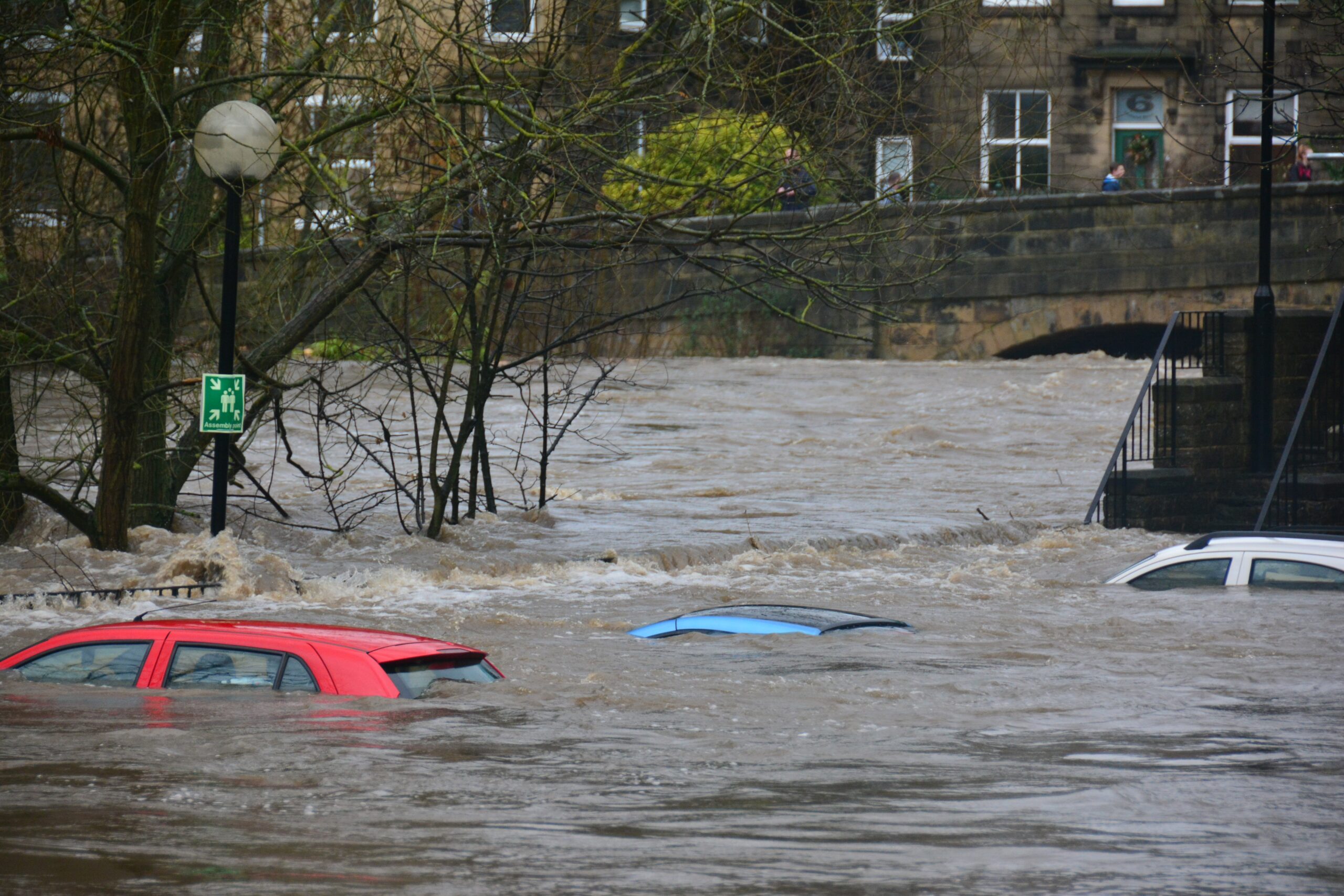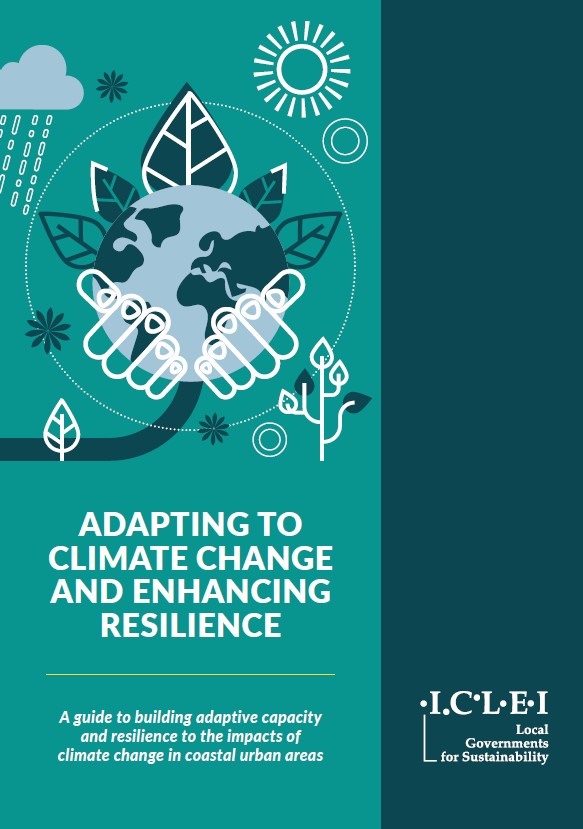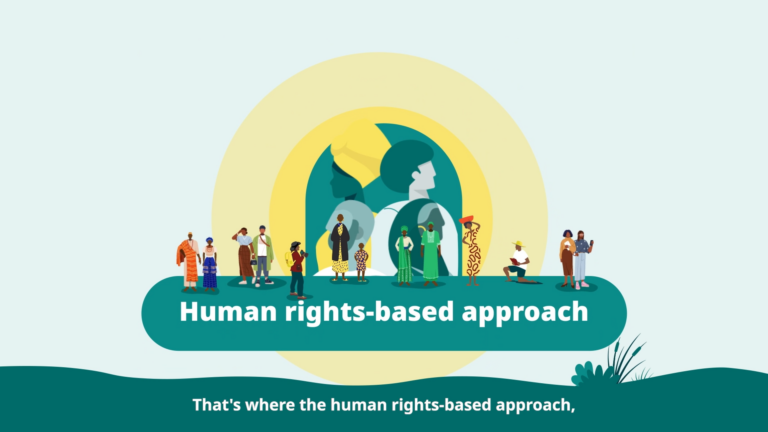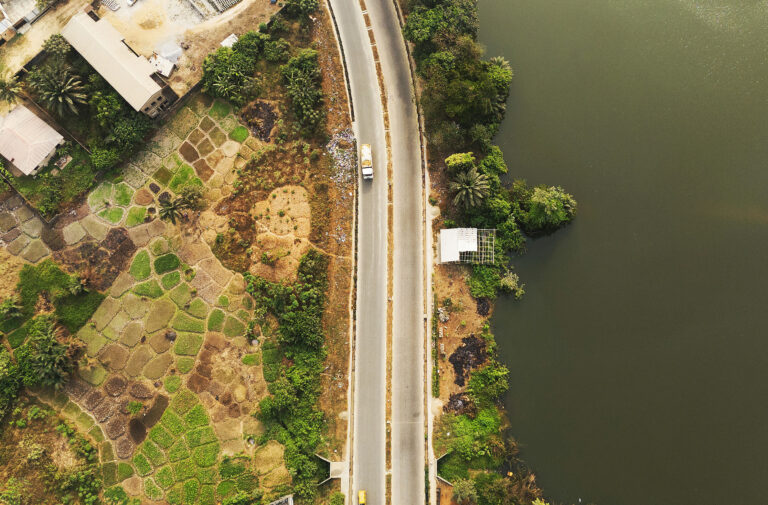Adapting to climate change and enhancing resilience




Download:
Related ICLEI Pathway(s)
About
Resource summary
Local governments – particularly African coastal local governments – are on the frontline when it comes to being affected by the impacts of climate change. These include but are not limited to, increases in average atmospheric temperatures, extreme events such as heatwaves, droughts, flooding and tropical storms, and changes in rainfall patterns. Such calamities not only affect the natural environment, but threaten the livelihoods of those living in urban areas, and thus local governments, the economy and human well-being. Particularly vulnerable groups include the poor, the elderly, women, children, the disabled and communities living in informal areas in and around urban areas.
The impacts of climate change are already a measurable reality and if not addressed head-on immediately, will significantly exacerbate current challenges faced by local governments such as poverty, water and sanitation issues, access to energy and job security. In doing so, they will create new challenges, making it more difficult for local governments to become sustainable and climate resilient in the long term. Achieving sustainability and climate resiliency requires local governments to adapt to climate change. Both they and their citizens stand to gain far more by starting to adapt today, rather than waiting or not taking action at all.
ICLEI Africa has a long history of helping local African governments respond to the impacts of climate change and reduce their emissions footprint. One way in which the organisation does this is to design and implement standalone capacity building and interactive training workshops for local government officials. Funded by WIOMSA, this guide aims to improve the climate change knowledge of coastal local government officials working in urban planning, disaster risk reduction or environmentally related areas and in turn, equip them with the necessary tools to develop their own Climate Change Adaptation Plans (CCAPs). Such a document is necessary to enable them to effectively plan and respond to the impacts of climate change leading to a better, more sustainable and climate resilient future.
Related resources

City of Johannesburg Goods and Services Assessment

Nature-Based Solutions for African Cities: The Human Rights-Based Approach



